Communities Struggle to Make Small Serve All
This content is restricted to subscribers
This content is restricted to subscribers
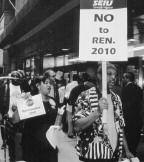
This content is restricted to subscribers
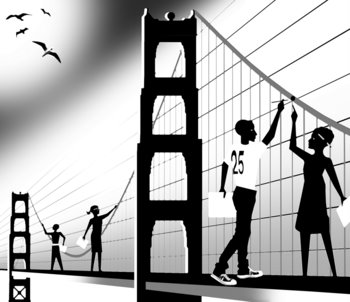
This content is restricted to subscribers
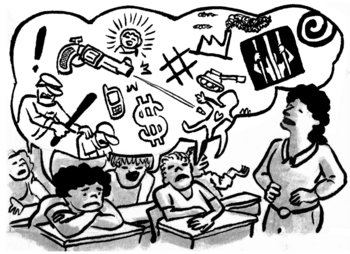
This content is restricted to subscribers
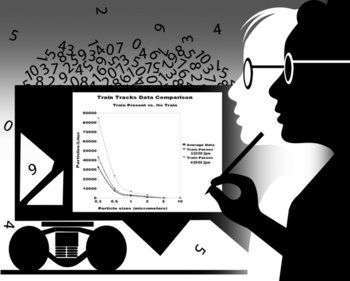
Ninth graders develop science literacy as they become neighborhood environmental experts and activists.
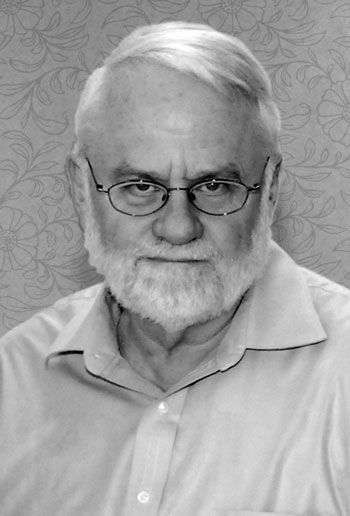
“I would really like to see a new movement that gives the kind of hope
for change that there was when I came into teaching in the late 1960s.”
A part of American school curricula for more than 200 years
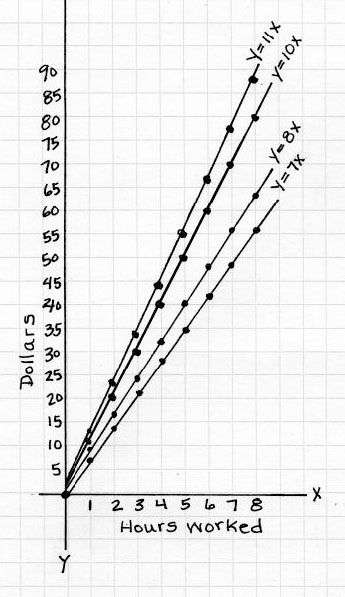
Eighth graders finally get what they ask for: an algebra lesson for the real world.”

Sistas and Brothas United.

The principal of Brooklyn’s El Puente Academy for Peace and Justice shows how art can connect students with their communities.

Small schools reform is often accompanied by familiar buzzwords that can mean different things to different people (sometimes called stakeholders”).”
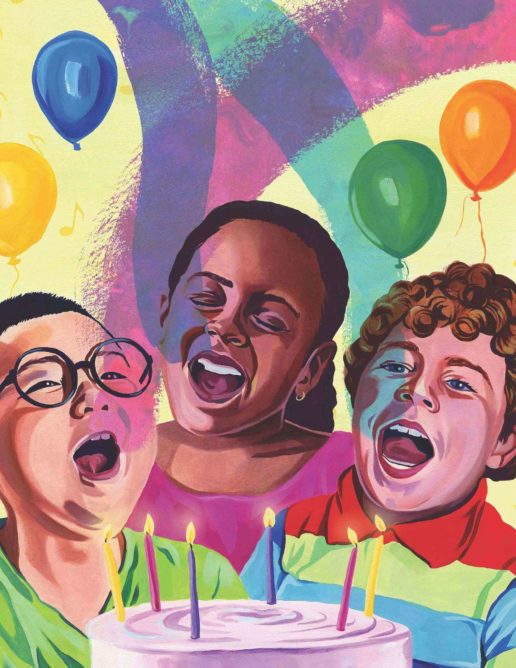
A kindergarten teacher looks at birthday celebrations in her classroom and whether all of her students’ home languages and rituals are being uplifted.
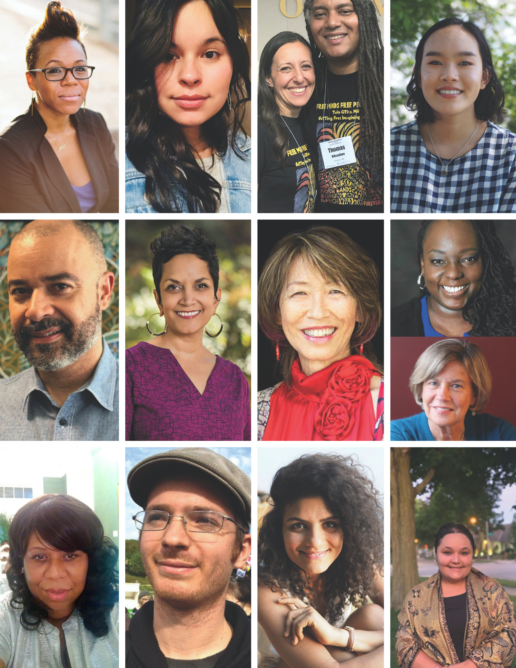
We asked a group of radical educators to weigh in on what they hoped would be part of any 2020 presidential candidate’s education platform.
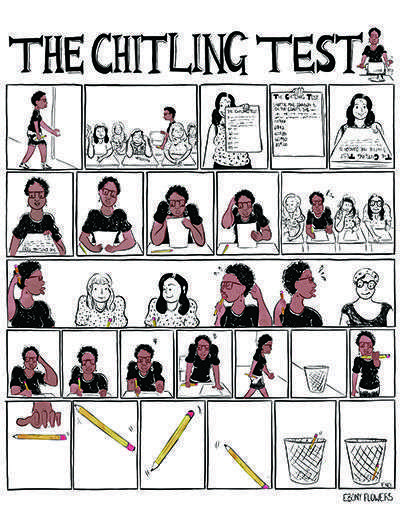
An educator reflects on how the education system has continually tested her Blackness from grade school through professional development, and argues that we need more Black spaces to nurture brilliance.
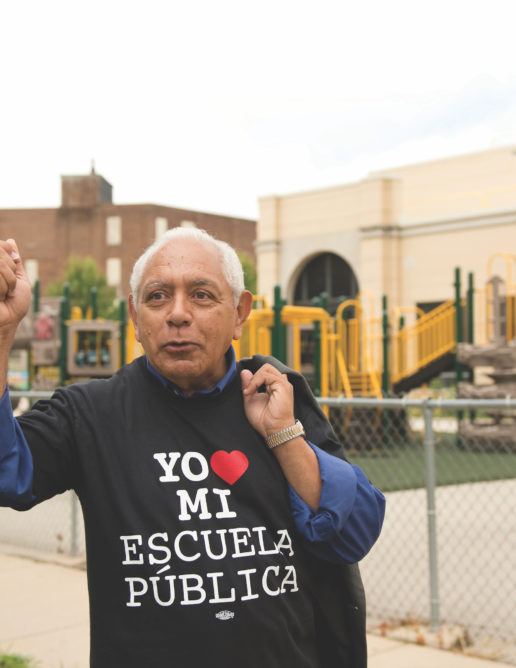
Organizer and advocate Tony Báez has been fighting for improved bilingual education programs for decades. In this interview, he talks about the current state of bilingual education and describes how parents and educators won a maintenance K-12 bilingual program in the Milwaukee Public Schools.
As we return to our schools this fall, we need to rededicate ourselves to building an education system and a society that values Black lives.
A kindergarten teacher uses images, literature, poetry, and collages — as well as her own history — to challenge students’ implicit bias and preconceived notions surrounding the color black and to teach the lesson that Black is beautiful.
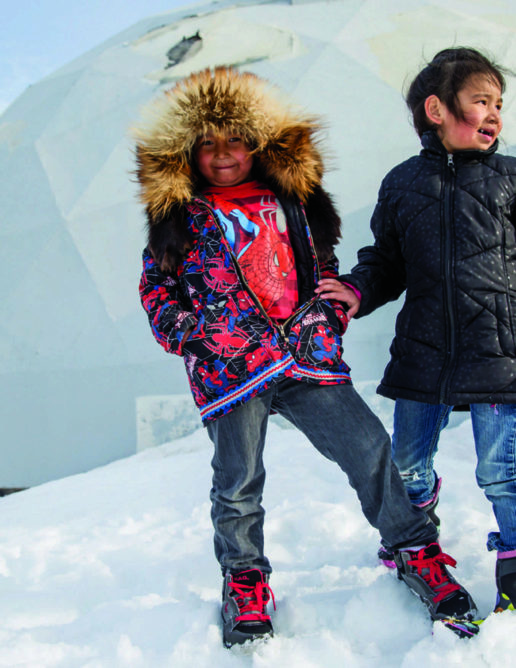
A journalist explores the way Indigenous language and community is connected to the classroom in several communities in Alaska, and explores how educators there have built new frameworks to fight against Eurocentric curriculum.
A teacher adapts the “Climate Change Mixer” designed for older students as a springboard for a unit on global warming and climate justice.
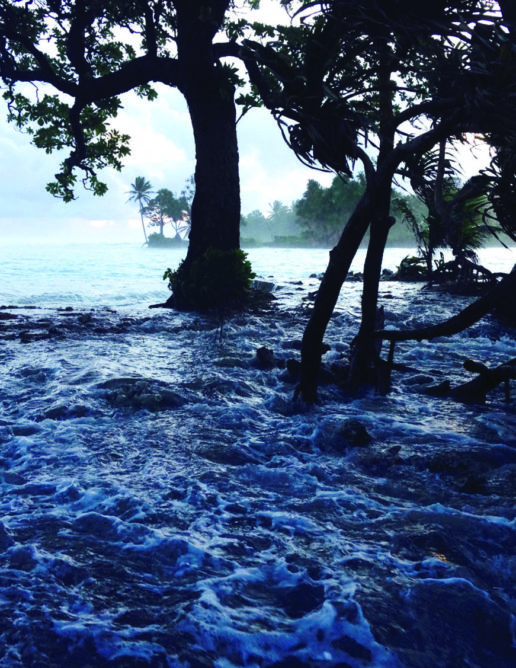
Using Marshallese poet and climate justice activist Kathy Jetñil-Kijiner’s poem “Dear Matafele Peinam,” a teacher helps 7th graders think about the sacred spaces in their own lives and how they will be affected by climate change.
A neighborhood mapping exercise helps students develop their narrative writing and storytelling skills while also building classroom community by connecting home worlds to the curriculum. Adapted from the newly-released second edition of Reading, Writing, and Rising Up.
Recently, a Rethinking Schools editor was a chaperone on a field trip when he overheard a 2nd-grade student talking about how he wanted to “nuke the world.” Taken aback, he […]
The executive director of San Francisco’s Arab Resource and Organizing Center describes the successes and obstacles for a community-based campaign to offer Arabic language instruction in the district’s schools.
A science teacher in Washington, D.C., overcomes her students’ fear of nature by turning them into avid birdwatchers.
Returning to her home country of Okinawa at 13, Moé Yonamine was hit by a teacher for speaking her Indigenous language. She reflects on the history of colonial oppression in Okinawa and the importance of keeping culture and language alive.